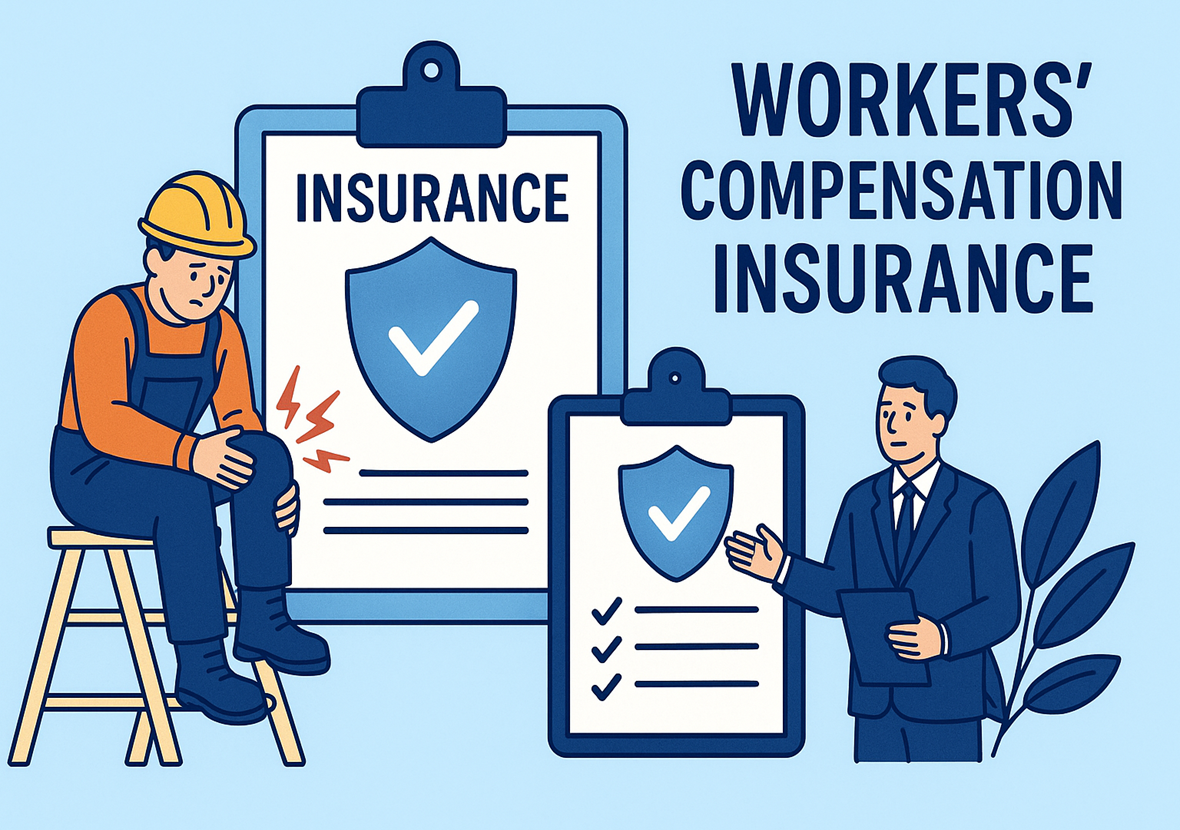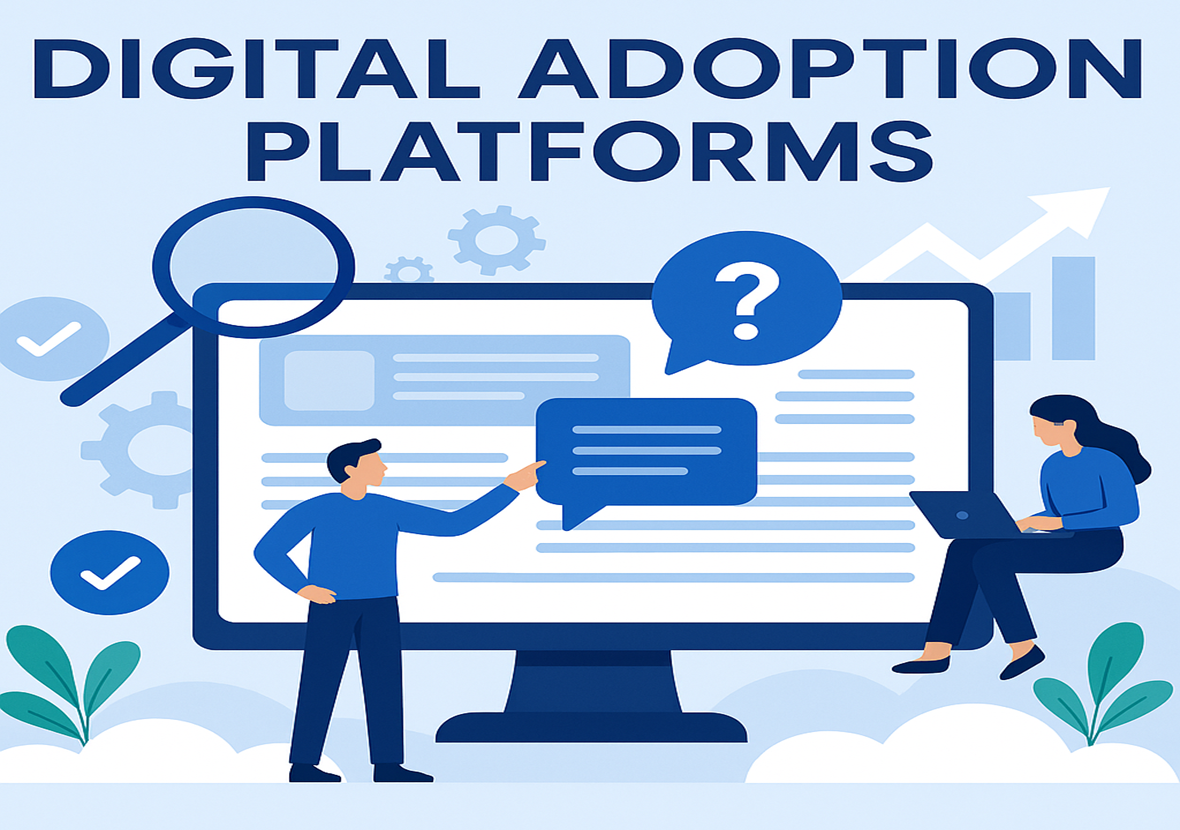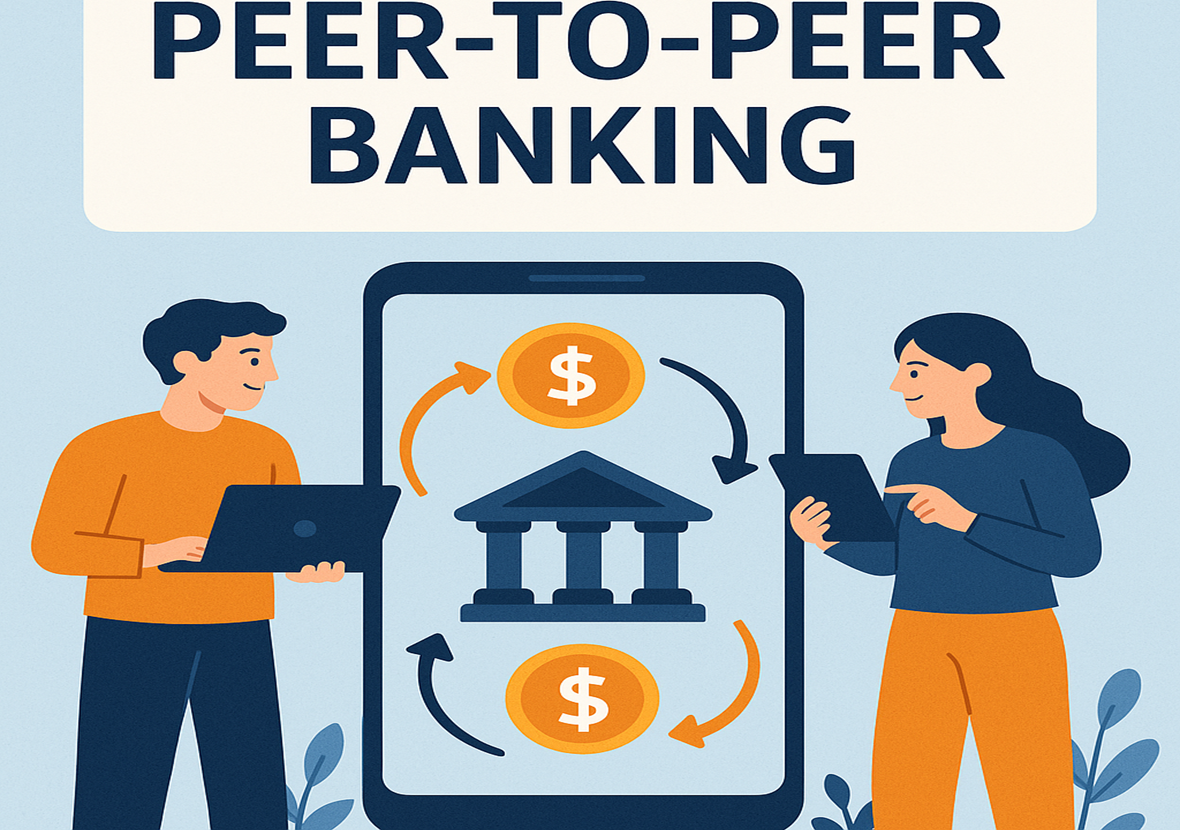Skip College Explore These Legit Education Alternatives
A four-year college degree is no longer the sole gateway to success. As tuition costs rise, student debt escalates, and job prospects become increasingly uncertain, more individuals—students and parents alike—are reevaluating traditional higher education. If you’ve ever wondered whether skipping college might be a smarter choice, you’re far from alone.
In today’s rapidly evolving job market, a wide range of alternative education paths can lead to lucrative, fulfilling careers—without requiring years in a lecture hall. Whether your interests lie in technology, skilled trades, entrepreneurship, or hands-on learning, the opportunities are more diverse and accessible than ever.
This discussion explores some of the most effective college alternatives available today. We’ll examine how these pathways operate, the careers they can lead to, and why they may be the optimal choice based on your professional ambitions. Let’s take a closer look.
Trade Schools: Skills That Pay the Bills
Trade schools, also known as vocational schools, are one of the most underrated alternatives to college. These institutions focus on practical, job-ready skills that can get you into the workforce faster—and often with less debt. Whether it’s HVAC, plumbing, electrical work, welding, or automotive technology, trade careers are in high demand and offer competitive salaries.
Take the case of someone who completes an 18-month electrical program. Within two years, they could be earning over $60,000 a year, with plenty of room for growth. Plus, most trade jobs can’t be outsourced or easily automated, offering long-term job security. Unlike college students who graduate with little experience, trade school grads often enter the workforce with hands-on training and certifications already under their belts.
This path is ideal for people who enjoy working with their hands, want a shorter path to a paycheck, and prefer learning by doing. With millions of skilled workers retiring over the next decade, this might just be the golden age of the trades.
Apprenticeships: Earn While You Learn
An apprenticeship lets you gain practical experience while getting paid—a concept that flips the traditional college model on its head. Instead of paying thousands in tuition, apprentices often earn a salary from day one, all while learning directly from industry professionals.
From manufacturing and healthcare to IT and finance, modern apprenticeships have come a long way. They’re not just for carpenters and mechanics anymore. For instance, companies like Amazon and IBM have started offering tech apprenticeships in cloud computing and cybersecurity. These programs are structured, often including a mix of classroom learning and on-the-job training, leading to full-time roles upon completion.
This route works particularly well for those who want to avoid debt and jumpstart their careers with real-world experience. Plus, apprenticeships often come with industry-recognized credentials, making you more attractive to future employers. It’s a smart move for those who want to learn and earn at the same time.
Online Certification Programs: Fast, Flexible, Focused
If flexibility is what you’re after, online certification programs might be your best bet. These programs offer short, focused learning experiences designed to get you job-ready—often in under a year. You can find credible online certifications in fields like project management, digital marketing, data analytics, coding, UX design, and more.
What makes these programs so powerful is their direct alignment with industry needs. For example, Google’s Career Certificates or Coursera’s partnerships with top universities offer courses that are both accessible and employer-recognized. You could land a remote tech job after just a few months of online learning, without ever stepping foot on a campus.
Many of these programs cost a fraction of traditional college tuition and can be done at your own pace. That makes them ideal for career changers, recent high school grads, or even working adults looking to pivot. If you’re self-motivated and tech-savvy, an online certification could be your ticket to a new career.
Bootcamps: Intense, Immersive, and Career-Ready
Tech bootcamps have exploded in popularity, and for good reason—they offer fast-track access to in-demand jobs in software development, data science, cybersecurity, and more. These programs are designed to get you job-ready in as little as 8 to 16 weeks, focusing on real-world projects, team collaboration, and networking.
Take someone who joins a full-stack coding bootcamp. By the end of the program, they’ve built a portfolio, received career coaching, and are already interviewing for jobs. Companies like Microsoft, Google, and startups alike hire bootcamp grads, valuing their skills over a traditional degree.
What sets bootcamps apart is their intensity and focus. They’re not for the faint of heart, but if you’re committed, they can be incredibly effective. Some even offer income-share agreements, so you don’t pay tuition until you land a job. That’s a win-win for career-driven learners who want results fast.
Entrepreneurship and Self-Education: Build Your Own Path
Not everyone wants to work for someone else—and that’s where entrepreneurship shines. Thanks to the internet, launching a business or side hustle has never been more accessible. From e-commerce to freelancing, content creation, or app development, the barrier to entry is lower than ever.
Platforms like YouTube, Udemy, and LinkedIn Learning allow aspiring entrepreneurs to master business, marketing, and tech skills on their own time. You can build a skill, test a product, market to an audience, and grow—all without formal education. Real-life success stories, from Etsy shop owners to app developers, prove that self-education plus action can outperform a degree in many cases.
Of course, entrepreneurship involves risk, but it also comes with freedom and potential upside. If you’re passionate, resourceful, and willing to learn by doing, this might be the most fulfilling path you can take. Success doesn’t require permission—just purpose and persistence.
Military, Internships, and Gap Years: Life as a Learning Lab
For some, the best alternative isn’t a program at all—it’s experience. Military service, internships, or a well-structured gap year can offer personal growth, leadership training, and real-world exposure that a classroom can’t match. The military, for example, offers education benefits, technical training, and guaranteed career tracks. Internships provide inside access to industries, while gap years can include travel, volunteer work, or exploratory jobs that clarify your direction.
Each of these options builds resilience, communication, and adaptability—skills every employer values. More importantly, they can help you discover what you don’t want to do, which is just as valuable as figuring out what you do want.
If you’re unsure about college, taking time to explore before making a four-year commitment can be the smartest move of all. These paths offer clarity, confidence, and a competitive edge you can’t always get from a textbook.
https://usfonts.link/gamified-learning-platforms/
Conclusion
Skipping college is not about abandoning ambition—it is about selecting an educational path that aligns with your aspirations, financial circumstances, and preferred learning approach. Whether through vocational training, online certifications, intensive bootcamps, or entrepreneurship, numerous credible alternatives now exist, offering streamlined access to lucrative and fulfilling careers with significantly lower financial burden than a traditional degree.
The standardized college model no longer fits everyone. Your future does not have to follow a predetermined trajectory. This is the moment to evaluate your options thoughtfully, embrace bold decisions, and take charge of your own educational journey.















